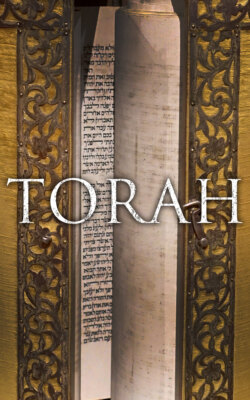Читать книгу Torah - Max Margolis - Страница 11
На сайте Литреса книга снята с продажи.
Composition.
ОглавлениеThe composition of the Torah should be discussed on the basis of the old Semitic concepts, which planned a work of literature practically rather than systematically. Repetitions, therefore, should not be eliminated, since things which are good and noble may and should be brought to remembrance many times. From the point of view of effective emphasis, moreover, a change of context may develop a new and independent application of a given doctrine, especially if it be repeated in other words. Thus tradition (The Thirty-two Rules of Eliezer b. Jose ha-Gelili) took "the repeated doctrine" as its rule of interpretation, and left large numbers of repetitions (parallel passages) in its collections of oral teachings. The framework of the Pentateuch is historical narrative bound together by the thread of chronology. There is no rigid adherence to the latter principle, however; and the Talmud itself accordingly postulates the rule: "There is no earlier and no later in the Torah" (Pes. 6b et passim). From a Masoretic point of view, the Mosaic code contains the history of a period of about 2,300 years. As has already been noted in regard to the names of the individual books, the Talmud and the Masorah divided the Torah into smaller units according to its contents, so that Genesis includes the story of Creation and of the Patriarchs, Exodus the account of the departure from Egypt, the revelation, and so on.
